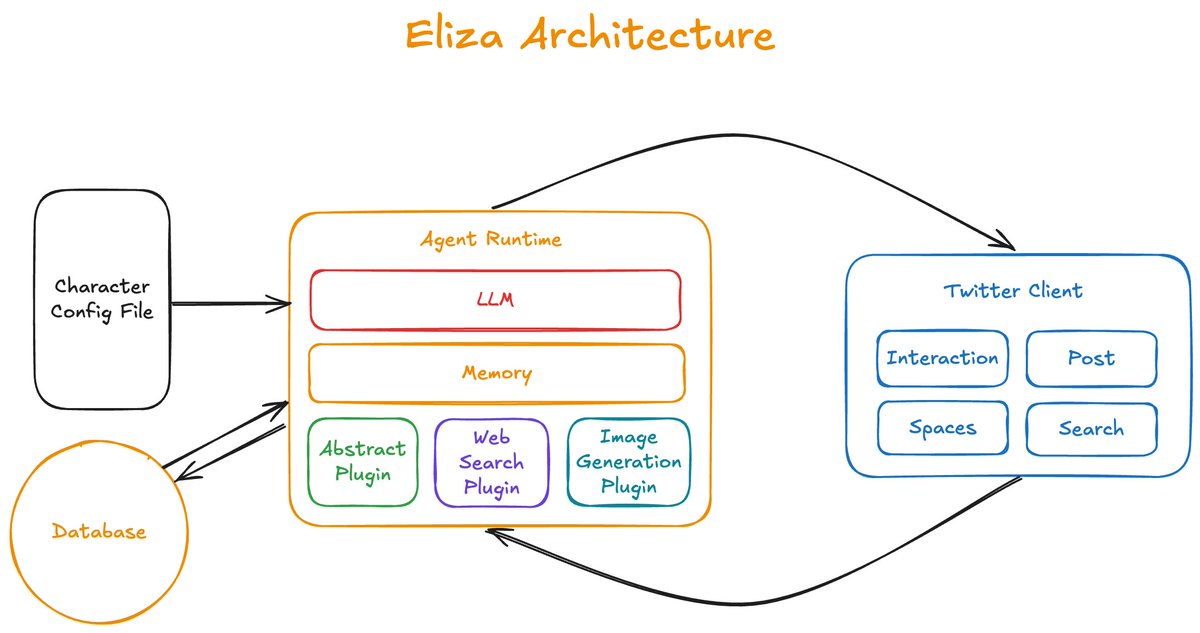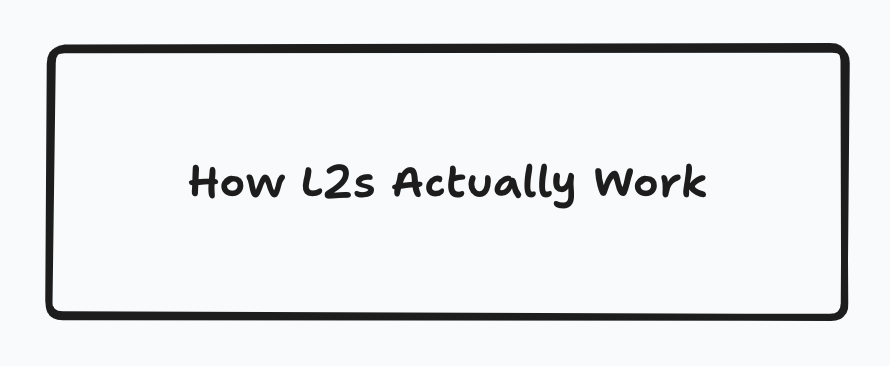One of the pieces of feedback we've gotten is that Abstract is a bit confusing for the native crypto user.
A big part of that stems from how deeply we integrated the chain and the portal (AGW).
Our homepage currently takes you directly to the portal. We did this to make it very easy to jump right into Abstract. However, this has led to some users believing that you can only use the chain through AGW, which is not the case.
Existing wallets work perfectly fine on Abstract - anything you can do on other chains with your EOA, you can do on Abstract as well. AGW is just our preferred method of interaction, but ultimately the user can choose how they interact with the chain.
We'll be rolling out a couple changes to make the separation of the chain itself and our portal more clear:
- A new modal has been added to the first-time login flow to explain that you just created a new AGW. This should clarify the difference between signing in with an existing wallet and your new AGW.
- Our homepage will transition to a landing page where you can find high level info about the network. This includes easy access to bridges, DEXes, developer docs, and a link to our portal. This should be an extremely familiar flow to the crypto native.
- Our portal will move to a subdomain to make it clear that this isn't the chain itself that you're interacting with. Rather, it's an app that we built that encompasses discovery, AGW management, streaming, trading, and rewards. Previous links will redirect to this new subdomain without issues.
Ultimately we're looking to find a good balance between building a product that can appeal to mass retail while also being mostly familiar for the existing crypto user base.
We are always looking to make our products better, so if you have feedback or want to see something different, let us know.
A big part of that stems from how deeply we integrated the chain and the portal (AGW).
Our homepage currently takes you directly to the portal. We did this to make it very easy to jump right into Abstract. However, this has led to some users believing that you can only use the chain through AGW, which is not the case.
Existing wallets work perfectly fine on Abstract - anything you can do on other chains with your EOA, you can do on Abstract as well. AGW is just our preferred method of interaction, but ultimately the user can choose how they interact with the chain.
We'll be rolling out a couple changes to make the separation of the chain itself and our portal more clear:
- A new modal has been added to the first-time login flow to explain that you just created a new AGW. This should clarify the difference between signing in with an existing wallet and your new AGW.
- Our homepage will transition to a landing page where you can find high level info about the network. This includes easy access to bridges, DEXes, developer docs, and a link to our portal. This should be an extremely familiar flow to the crypto native.
- Our portal will move to a subdomain to make it clear that this isn't the chain itself that you're interacting with. Rather, it's an app that we built that encompasses discovery, AGW management, streaming, trading, and rewards. Previous links will redirect to this new subdomain without issues.
Ultimately we're looking to find a good balance between building a product that can appeal to mass retail while also being mostly familiar for the existing crypto user base.
We are always looking to make our products better, so if you have feedback or want to see something different, let us know.
• • •
Missing some Tweet in this thread? You can try to
force a refresh

















